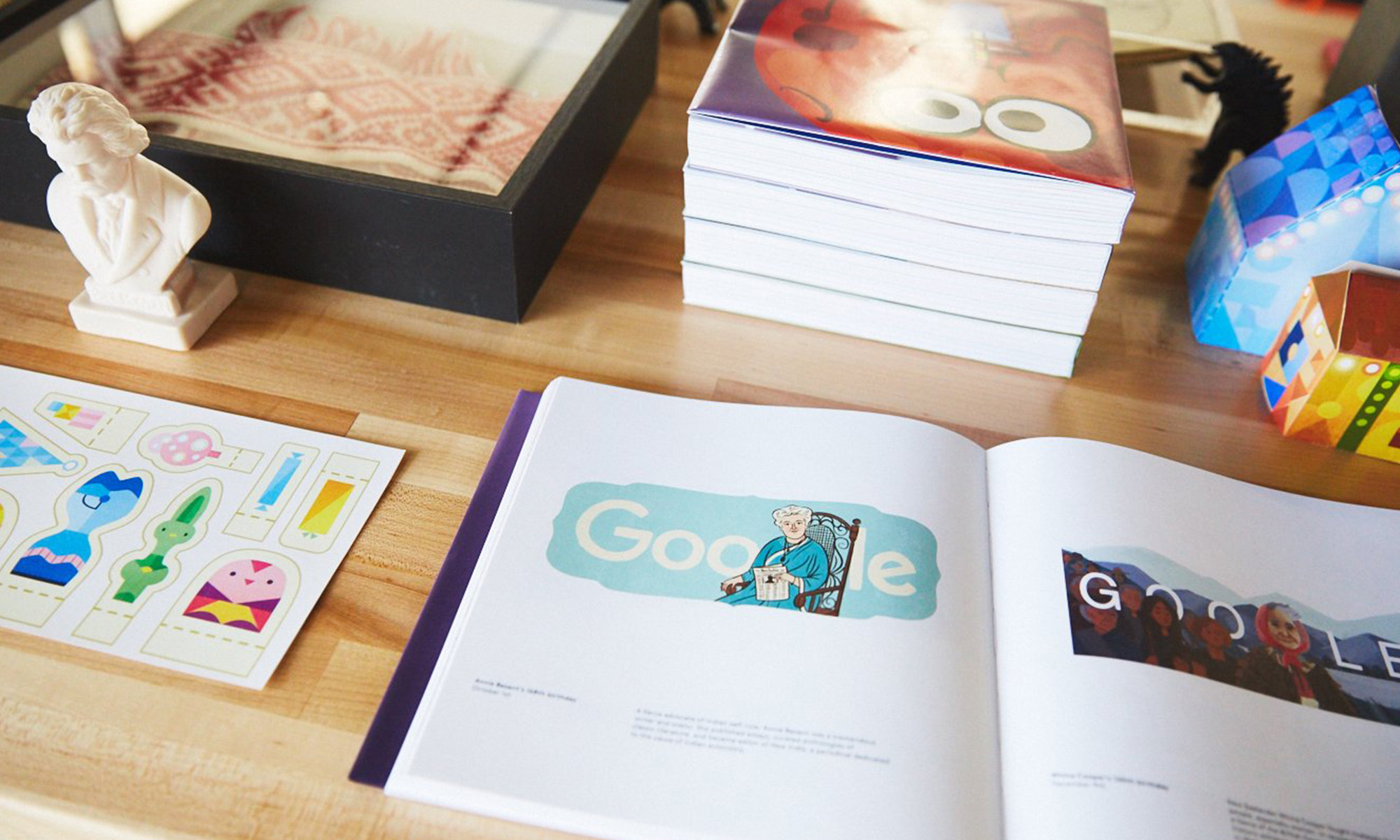Microsoft (MSFT +2.43%) is many things -- an operating system company, a developer of office software, a video game console maker, and now, a seller of apparel. On Thursday, Microsoft begun offering clothing, including T-shirts, hats and hoodies, as part of its "Scroogled" advertising campaign.
In many ways, it's reminiscent of Apple's anti-Microsoft efforts in years long past -- as Apple characterized Microsoft as uncool, so Microsoft is now attempting to paint Google (GOOG +2.13%) as creepy. Microsoft has a point, of course -- Google's entire business model is largely based on data mining its users to sell advertising.
But despite that, I think Microsoft is wasting its time. Although they might like the idea of privacy in the abstract, in practice, few will abandon Google's services because of privacy concerns. And if they do, Google isn't the only company in danger -- Facebook (FB +2.86%) knows as much, or perhaps even more, about its users.
Microsoft is right to go after Google
Microsoft competes with many companies, but Google stands above the rest as the single biggest threat. Google's Android operating system is set to supplant Windows as the world's dominant operating system by 2017, while Google is attacking the desktop by slowly turning its Chrome browser into a fully featured operating system.
Google is going after Microsoft's Office with its own competing Apps suite, and though Google admits that its apps are far weaker than Microsoft's offering, Google believes it can capture some 90% of the market by beating Microsoft on price.
Then, there's Microsoft's fledgling online ambitions, most notably its search engine Bing, which has cost Microsoft some $11 billion with nothing to really show for it. Microsoft's Outlook.com competes with Gmail, and Skydrive goes against Google's Docs.
Few people really care about online privacy
So it makes perfect sense, then, that Microsoft has invested in an anti-Google advertising campaign -- I just don't think it will be very successful. Users may claim to want privacy, but in reality, they're more than willing to give it up.
Quite literally, Facebook's entire business model is predicated on people's willingness to reveal their identity online. Friendships, relationships, work history, political beliefs, music tastes, a photo journal of their lives -- users turn over a staggering amount of data to Facebook. With that data, behavior can be predicted -- researchers have even shown that, by monitoring a user's friend network, relationship breakups can be predicted in advance.
More than half of all Americans use Facebook, and though they may limit what their strangers and friends can see, Facebook itself sees all. If Google is threatened by privacy concerns, Facebook, too, is certainly in danger.
But Google doesn't appear to be threatened by users' paranoia. When Google consolidated its privacy policy last year, merging its knowledge of users' habits across different Google services, Digital World Research surveyed a few dozen users about the change. While the majority of them said they were concerned about Google's privacy policy, almost 70% admitted that they didn't care enough to switch.
Indeed, Google's services have become ever more popular in recent quarters: Gmail became the most popular email service a year and a half ago, while Google's Chrome became the world's most popular browser last July.
Is Microsoft getting desperate?
Ultimately, I think Microsoft's advertising campaign reeks of desperation. As Windows fades in importance, Google comes after Office with Apps, and Bing continues to remain far behind Google web search, Microsoft appears to be losing quite badly in its war with Google.
Given that people are so willing to divulge intimate details of their lives to Facebook, privacy concerns are not going to lead to a widespread abandonment of Google's services. People may love to cling to the promise of privacy in theory, but in reality, they simply don't care.






